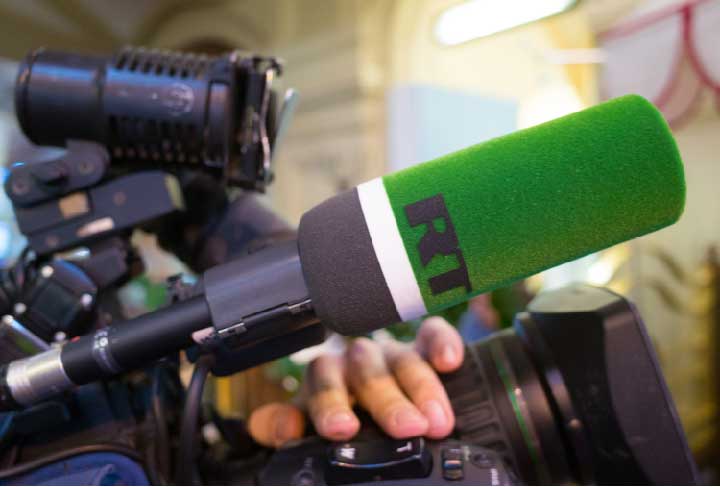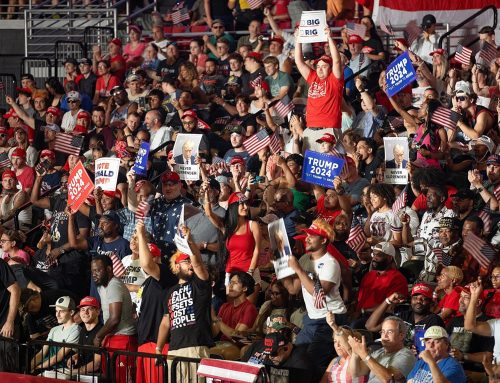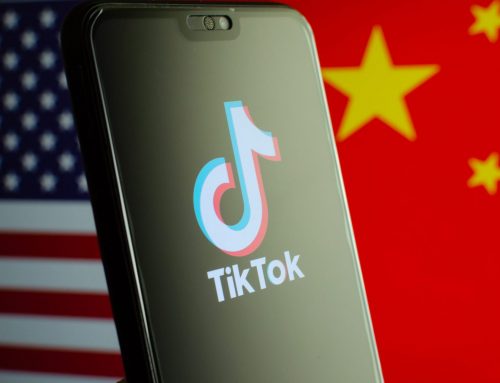Russian state media provided substantial breaking news coverage of the attack on the U.S. Capitol on January 6. One prominent theme in coverage of the aftermath included the idea that the United States is no longer, or never was, a global model for democracy and related criticism of U.S. democracy promotion abroad. Both of these sub-themes were highlighted in coverage of statements made by government officials in countries the United States has criticized for non-democratic practices, including statements from Russian officials. Other notable themes were claims of censorship related to social media platforms’ initial steps toward de-platforming President Trump and the cancellation of Senator Hawley’s book deal, and rampant anti-conservative bias in the mainstream media. As is customary, Russian state-media also overinflated and then criticized supposed claims of a foreign—namely, Russian—role in the riot. In last week’s coronavirus vaccine coverage, Russian state media zeroed in on stories of people who contracted the virus or died after being vaccinated with the first dose of the Pfizer vaccine. More generally, content from both media and official diplomatic accounts continued to highlight claims of politicization negatively affecting reception to Russia’s Sputnik V, incidents like those described above affecting vaccinations in the West, and positive news related to Sputnik V. Finally, the saga of WikiLeaks founder Julian Assange, which has long drawn substantial interest from Russian state media, was again a top topic last week in the wake of a UK court’s decision to not extradite Assange to the United States. State media’s characterization of the case as an example of U.S. hypocrisy and political persecution enabled by the UK and U.S. media continued after the ruling, with articles highlighting Assange’s alleged unjust treatment, the negative implications for free journalism, and the fealty of the UK justice system.
Surprisingly, on the China dashboard, the most-engaged with tweet of the week was not about the riot at the Capitol, but instead a tweet (now deleted by Twitter) from the Chinese embassy in the United States promoting Beijing’s oppressive policies in Xinjiang and passing them off as emancipation. In particular, the tweet highlighted how Uighur women were now no longer “baby making machines.” While the tweet has since been deleted, a China Daily article referring to the tweet and echoing its claims remains online. Of course, the events in Washington provided ample fodder for Chinese messaging, with CGTN, CGTN America, People’s Daily, Xinhua, and China Daily delivering almost minute by minute coverage of the unrest. The most viewed Chinese state video from last week shows the moment where a Trump supporter was shot (almost 1.5 million views as of 1//11/2020), and CGTN America was one of the first networks to report on the shooting via its Twitter feed. As with the Black Lives Matter protests over the summer, the central narrative in China’s coverage was the alleged hypocrisy of American politicians and journalists over their coverage of domestic unrest versus their coverage of protests abroad, especially those in Hong Kong. In fact, the Global Times simply recycled a cartoon it had already used when covering BLM protests over the summer. In this case, however, much of the criticism was directed at Speaker Pelosi for her previous support of demonstrators in Hong Kong. Chinese state media—like its Russian counterparts—also highlighted Big Tech’s crackdown on the president, though the objective here seemed aimed more at damaging U.S. credibility abroad rather than tweaking conservative grievances in the United States.
On the Iranian dashboard, the Supreme Leader announced on Twitter a ban on vaccine imports from Britain, France, and the United States (with Pfizer’s and AstraZeneca’s vaccines specifically targeted) because, in his words, “it is not unlikely that they want to pollute other people.” The tweet was subsequently removed by Twitter for violating its ban on vaccine misinformation, though the ban, of course, remains in place. Coverage of the riots at the Capitol and its aftermath were largely factual, though the tone was somewhat gleeful. PressTV ran footage of American journalists in Washington, D.C. reminding viewers that they were at the Capitol, not in Baghdad or Kabul, before pivoting to a “chickens coming home to roost” line of attack based on American interventionism in the Middle East. Finally, Foreign Minister Zarif alleged, again, that Israel will conduct false flag attacks against the United States in order to provoke war with Iran, imploring Trump not to fall for it. In recent weeks, Zarif has frequently made the allegation that Israel will attack Iran or the United States in an effort to provoke war between the two.
The views expressed in GMF publications and commentary are the views of the author alone.








